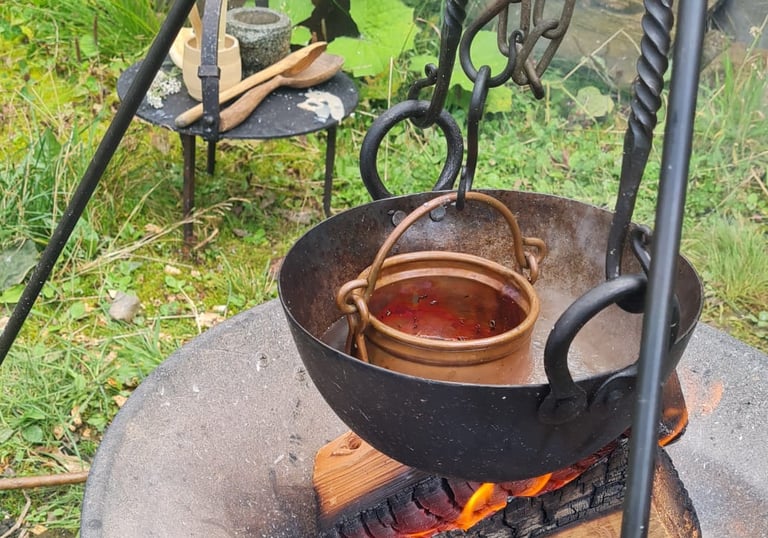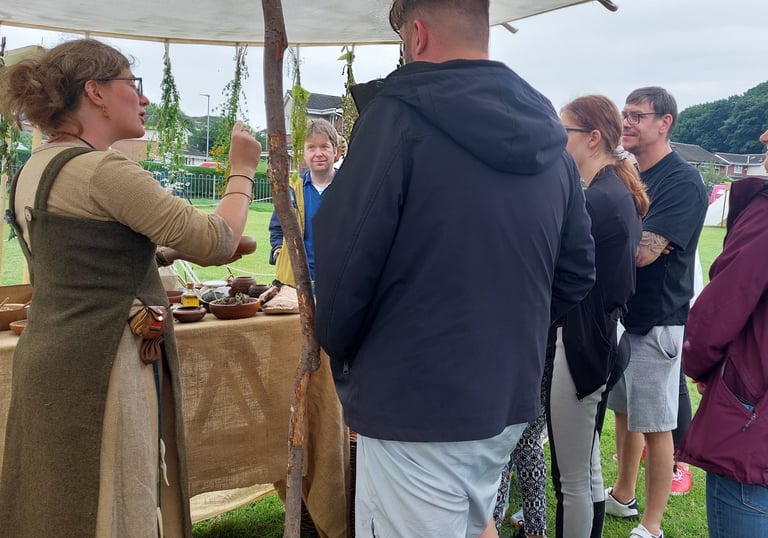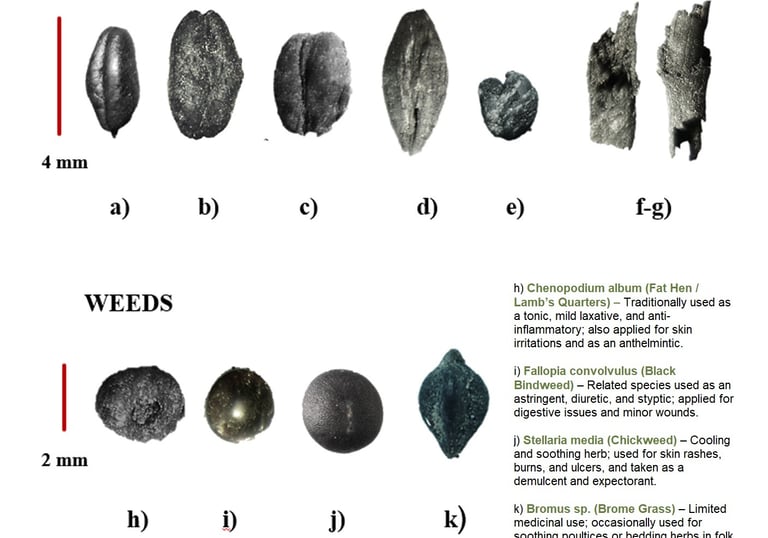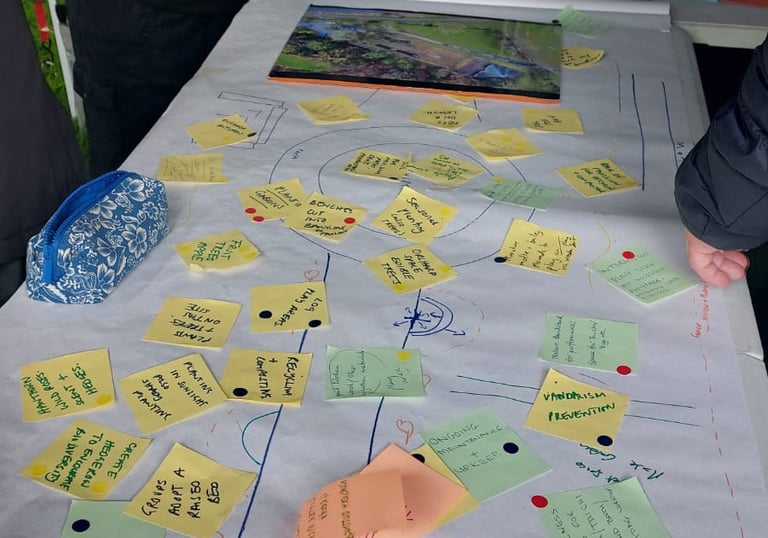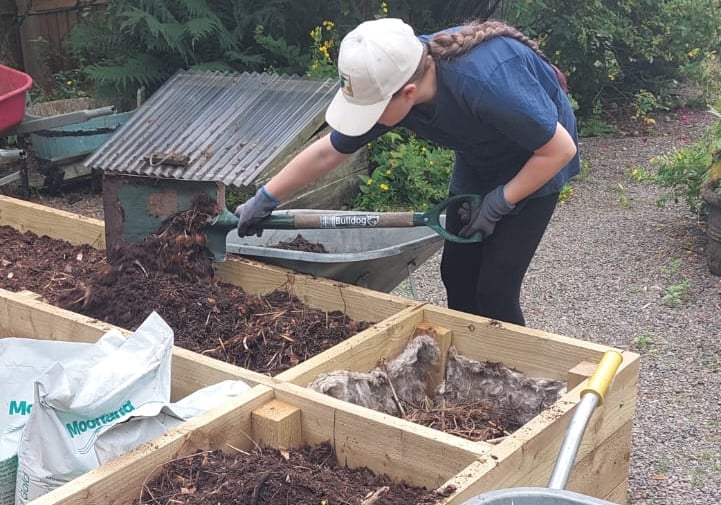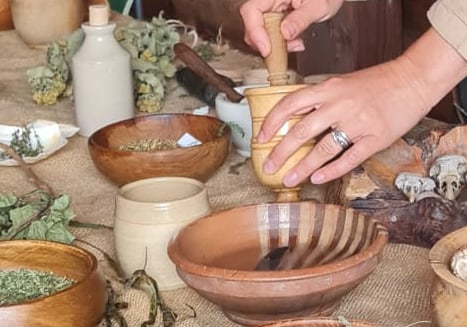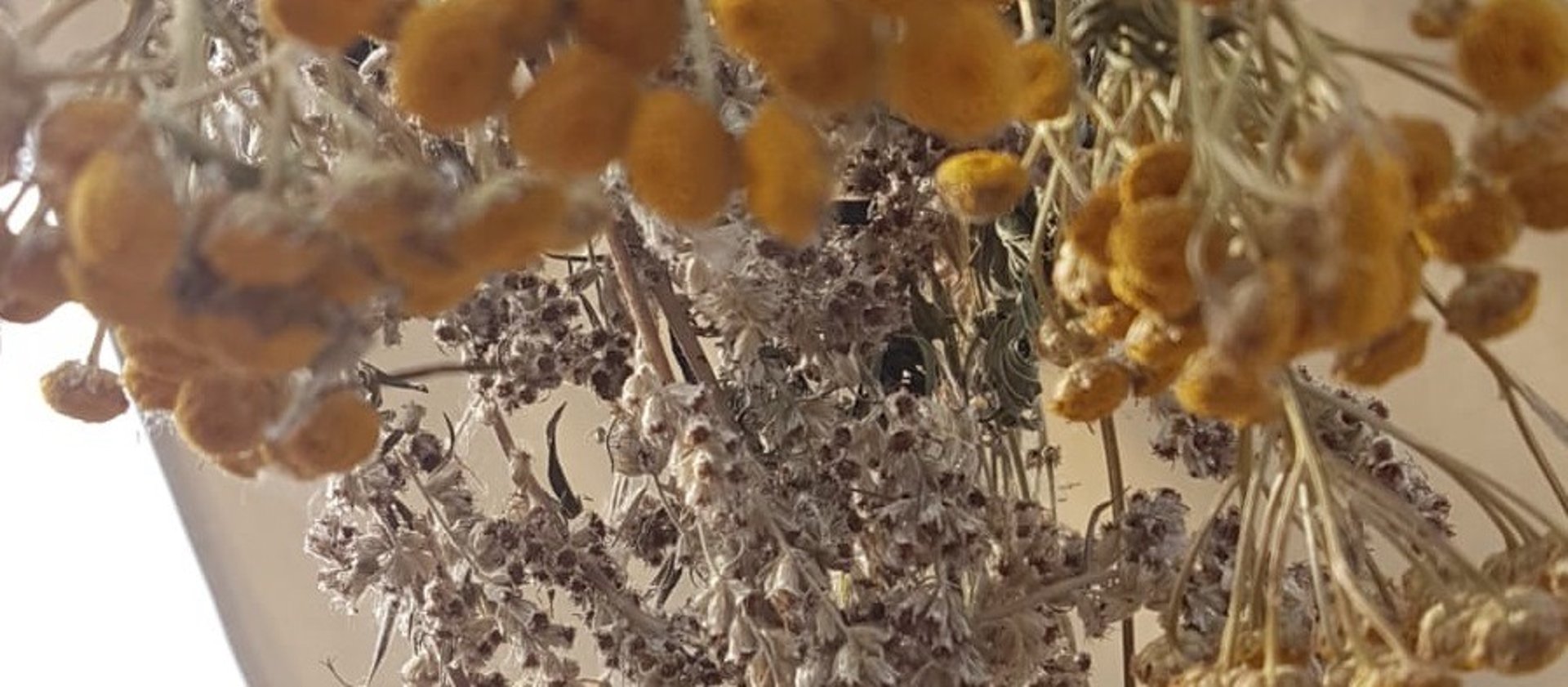The Apothecary
At its heart, herbal medicine is folk medicine. Remedies would be crafted in the home to treat illness, injury and maintain the health of the family. People often foraged in their local environment for the plants they needed, or cultivated them in their gardens. Folk would build up stores of herbs, plants and medicines for use, creating their own apothecary.
While people often made their own remedies, those that developed their knowledge to become known as Healers would have an array of effective ingredients with which to craft their medicines. Their wisdom was greatly valued by the local community, and often sought by people from further afield. Even with the advent allopathic medicine, most folk (especially in rural settlements) would still prefer, or only be able to afford, those with traditional herbal skills to treat their ailments and injuries. Folk healers were often women who also acted as midwives and birth attendants, they looked after peoples' physical and mental health, and assisted with their even spiritual wellbeing through protective charms and spells.
There are many and diverse sources of herbal medicines and plant remedies in historical records, from ancient to modern sources, and it is from these that The Historical Herbalists have drawn inspiration.
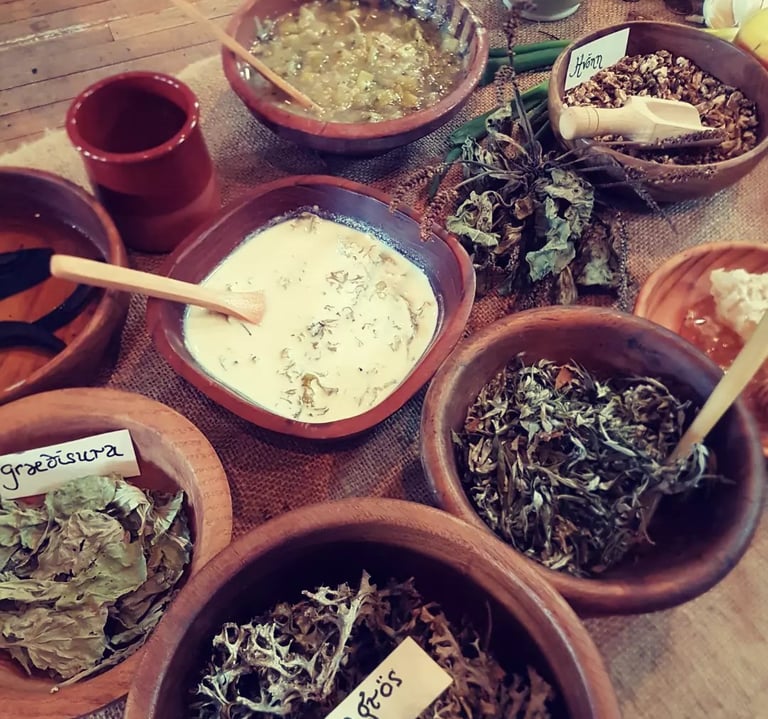

Our full set-up includes period tent/s and authentic living history encampment, up to 3 authentically costumed reenactors and of course, our unique, interactive herbal apothecary featuring a wide variety of plants and herbs, and reproduced examples of traditional remedies and medicines of the era.
We also offer crafting activities, workshops, talks, demonstrations including live recreations of historical herbal medicine-making, to suit all ages. We may also have small batch plant-based products available for sale at events.
Our knowledgeable, experienced herbalists have thrilled and inspired visitors of all ages at events across the UK.
Our most popular displays include Romano-British, Viking Age, Late Medieval, and 18th Century/Jacobite.
We can accommodate most eras or themes, so please get in touch to chat about your requirements.
